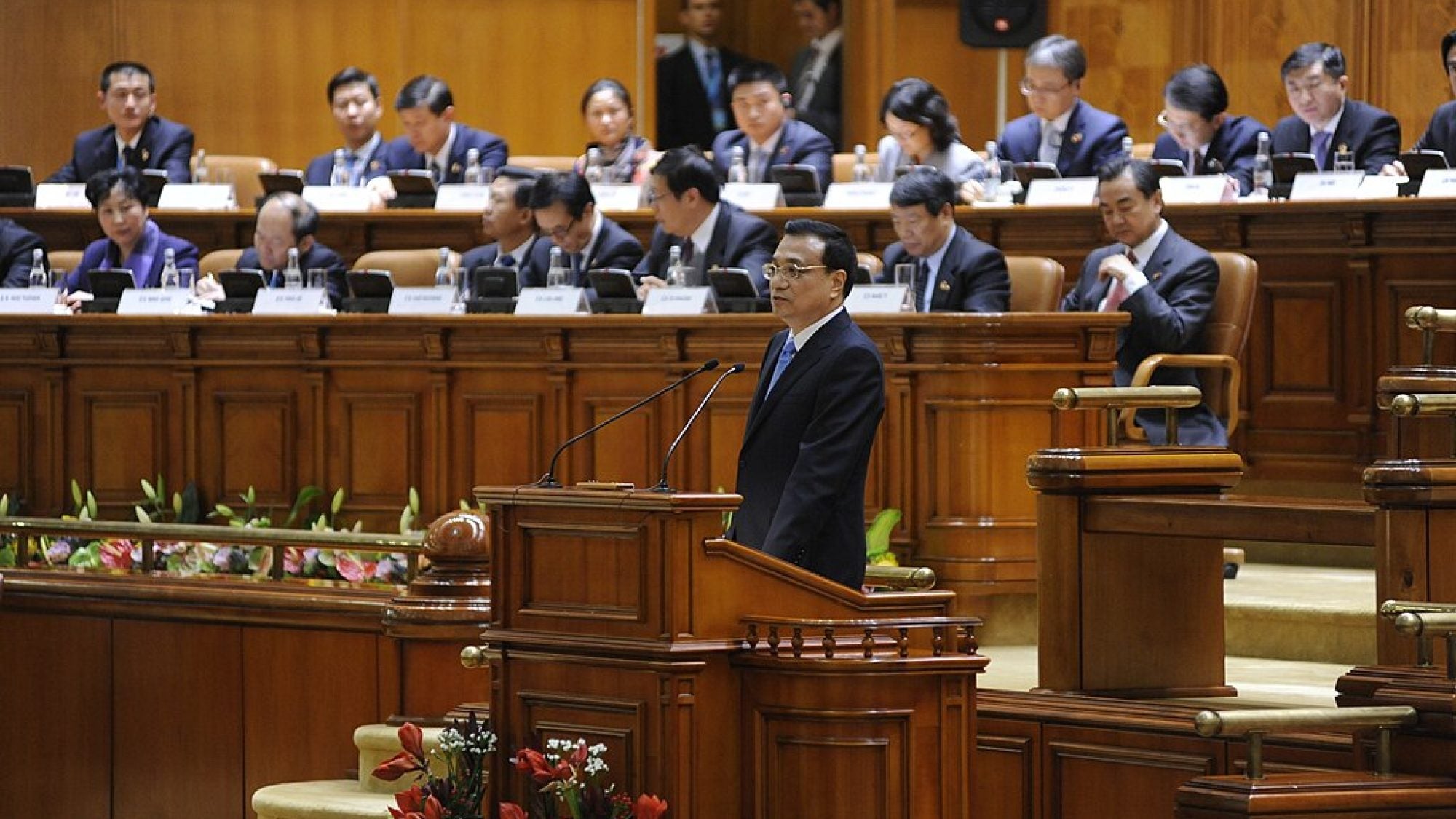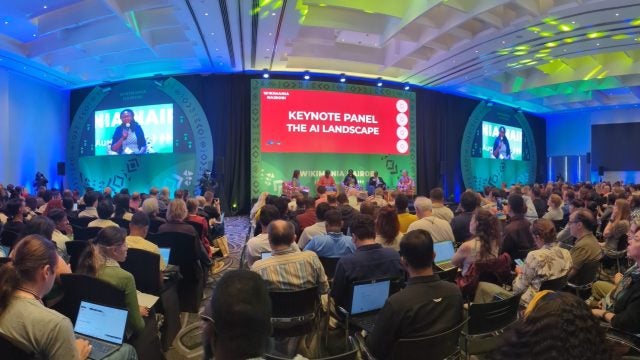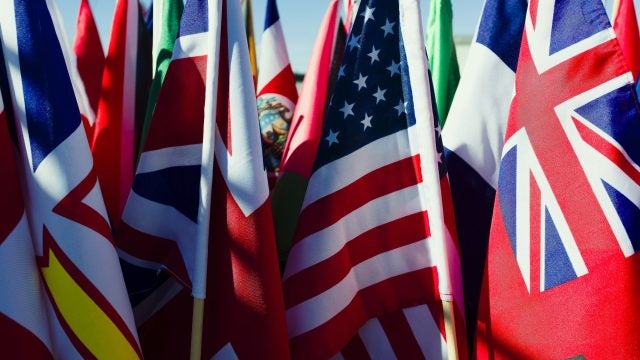
Title: Will China’s New Premier Be as Good a Leader as He is a Speaker?
On March 16, China’s new Premier, Li Keqiang, held his debut press conference, revealing what the nature of his tenure could become while leaving many questions unanswered. A confident and humorous politician, he impressed the public by introducing a domestic reform plan and a realistic foreign policy approach in a direct speaking style without a script. Though he is well-educated—he holds a Ph.D. in Economics and a B.A. in Law from Peking University—Li might not, however, be as liberal as observers have expected.
Li initiated his remarks by stressing a stance of “being true to the constitution and loyal to people’s aspiration.” Mentioning “rule by law” several times, his assertion that “government is the one to make social justice happen” still reveals the mindset of “rule by law” instead of “rule of law.” Short on specifics, Li did not make measurable commitments on how he would be “true to the constitution”. He declined to offer any detail when challenged by the question of labor re-education centers, only responding that regulations would be promulgated within this year.
In contrast, Li made measurable commitments in scaling back China’s unwieldy bureaucracy, both in terms of bureaucratic spending and administrative process. He promised that he would slash the 1,700 processes requiring government approval by a third and would cut the government payroll as well as official construction. However, he did not spare a word to how he would rein in the powerful interests that exercise much authority in China, though he recognized that it is harder to shake up vested interests than “stirring the soul.”
As the chief official of China’s cabinet, the social safety net was Li’s priority in the press conference. He demonstrated his command of the relationship between social affairs and economic development polices. Referring frequently to western economic concepts instead of party doctrines and Soviet economic theories, Li spoke on how a social safety net is vital for China’s urbanization. He did not stop at the standard bureaucratic talk of social justice–instead, he talked concretely about “package welfare of urbanization” which includes education, housing, and health care for both urban and rural residents. It is a great leap forward for Chinese leaders to think about vertical mobilization within Chinese society, especially how rural children can climb up the social ladder through education and job opportunities. Li talked about housing for rural poor in the process of China’s urbanization; he successfully replaced huge tracts of slums with housing for more than a million people during his governance in the Rustbelt Liaoning Province. Li also seemed confident in his ideas for reforming health care policies, like reimbursing medical care accounts remotely for migrant workers to facilitate China’s labor mobility.
Li was very realistic when it came to his view of Chinese foreign affairs. He was unusually straightforward in identifying himself as “working for China’s interests.” He rebutted an AP reporter’s question about Chinese computer hacking by accusing him of “presumption of guilt” and suggested that the U.S. “carry out more practical cooperation instead of making not well-grounded accusations.” He also emphasized tangible mutual interests in a move that could point to a more realistic and confident foreign policy outlook.
Still, the mindset behind Li’s talk deviates from what the West perceives as democracy. According to Li, corruption needs to be curbed because “it erodes the government image,” and the government should “make its utmost efforts in social protection” because it is very likely for those vulnerable to “disrupt the moral and psychological baseline of our society.” Li’s motivation for institutional reforms seems to be legitimizing the Party’s rule rather than embracing individual human rights and dignity.
Li impressed the audience with a personal touch, something rarely seen from other Chinese leaders. Unlike Wen Jiabo, Li’s predecessor, who often adopted bureaucratic mannerisms and quoted ancient Chinese verses, Li talked in a more informative and down-to-earth style. Despite his personal charisma, it will by no means be easy to seek consensus and win approval from a seven-member Politburo Standing Committee dominated by conservatives. Even Li himself acknowledged that “we will [have to] make practical choices between ideal[s] and reality.”
It remains to be seen whether a good public speaker can be a good Premier at this historical turning point for China. After all, the ousted official, Bo Xilai, was also a westernized, popular public speaker. Without institutional change and rule of law, a Premier is still too weak to steer the country towards “a national revival” by himself.
Li stressed that reforms are a “self-imposed revolution,” which he would continue to better China’s state-market-society relations: “My government would leave whatever the market functions best at to the market and leave whatever society is best at to society.” Li’s pragmatism instills hope for China’s economic and political reform. But the prospects for reform are still not promising given the intricate challenges his government faces. As he has climbed his way up through the Communist Youth League as a party loyalist, Li is a seasoned politician that knows how to make practical choices between “ideals and reality.” It remains unclear if Premier Li and the ruling Communist Party will be able to deliver on his promises based on his ideals or whether a future crisis will force them to make difficult reforms. Whether time makes the man or the man makes time remains to be seen.
Amelia Huang is a second-year graduate student at Georgetown University concentrating in Culture and Communication. She is also pursuing a graduate certificate program in Asian Studies at Georgetown.
Image Credit: Partidul Social Democrat, CC BY 2.0 <https://creativecommons.org/licenses/by/2.0>, via Wikimedia Commons
This is an archived article. While every effort is made to conserve hyperlinks and information, GJIA’s archived content sources online content between 2011 – 2019 which may no longer be accessible or correct.
More News

This article compares U.S. and Chinese approaches to artificial intelligence (AI) exports in Africa and examines how these disparate approaches have produced both downstream benefits and challenges for the region.

On May 20, 2025, the World Health Assembly unanimously adopted the World Health Organization (WHO) Pandemic Agreement, an international treaty designed to strengthen pandemic prevention, preparedness, and…

As the Trump administration proposes a sweeping overhaul of the US foreign assistance architecture by dismantling USAID, the Millennium Challenge Corporation (MCC), and restructuring the State Department, there is an…